Although he never robbed a bank or a train, never fought a traditional duel and didn’t drink, Billy the Kid remains one of America’s most notorious outlaws.
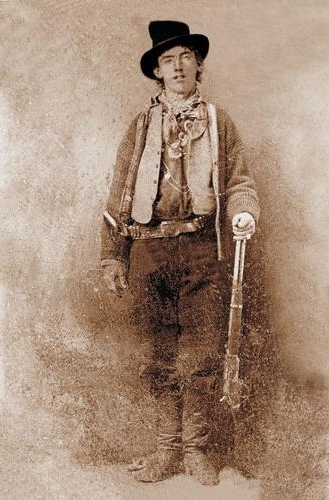
Over one hundred films have portrayed him in various scenarios ranging from predictable western themes to plots even involving Count Dracula. He is the subject of music composed by the likes of Aaron Copland, Bob Dylan and Billy Joel. Dead at the age of twenty-one, the Kid’s exploits were national news in his own lifetime, despite the reality that he was essentially a nineteenth century gang member, who merely possessed a penchant for dramatic and occasionally violent escape.
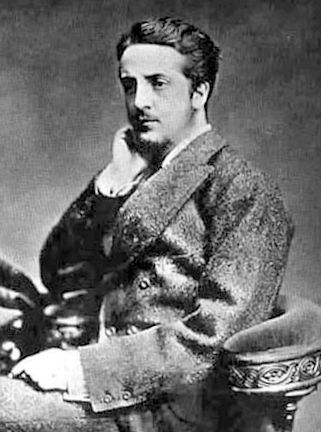
Tunstall’s father was a successful merchant with interests in Canada and his son emigrated to the southwestern US, believing that the rapidly growing area had unlimited economic potential. Settling in Lincoln County, Tunstall, only 22, partnered with Alexander McSween, a Canadian lawyer and former employee of The House. Together they opened up a business and bank in Lincoln that competed directly with Dolan and Murphy. This newly established entity’s other partner was John Chisum, one of the wealthiest ranchers in the southwest. His herd of cattle numbered over 100,000 and ranged over New Mexico property that covered over 150 miles. Tunstall offered cheaper prices and ethical business practices to the citizens of Lincoln and by early 1878, the House was headed for economic ruin.
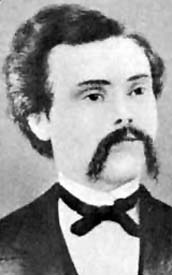
A lawyer, Alexander McSween, became involved in complicated litigation over proceeds of a life insurance policy that he eventually obtained for his client. But, because this money involved one of Dolan’s business partners, McSween did not want to release it, presuming that Dolan would eventually gain control of the cash. This resulted in one of the heirs filing both criminal and civil charges of embezzlement against McSween. This matter was litigated in the nearby town of Mesilla and while McSween was able to postpone any criminal charges, he left the proceeding before being informed that the judge had issued a writ attaching his property for the sum of 10,000 dollars. Dolan, also present in Mesilla, quickly returned to Lincoln ahead of McSween and had Brady the Sheriff form a posse and occupy McSween and Tunstall’s property.
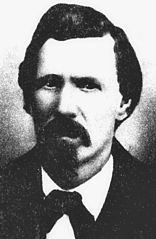
For years, two merchants, Lawrence Murphy and James Dolan, operated a large store in the center of Lincoln, New Mexico. This establishment was a monopoly that gouged the locals for basic necessities and clothing and was known negatively as “The House.” Dolan and Murphy, Civil War veterans, also used their military contacts to provide beef for nearby military installations, a trade marked by shady practices and stolen cattle. Any local residents who even thought of competing were intimidated by The House’s known connections, not only to Jesse Evans and The Boys but even to the County Sheriff, William Brady.
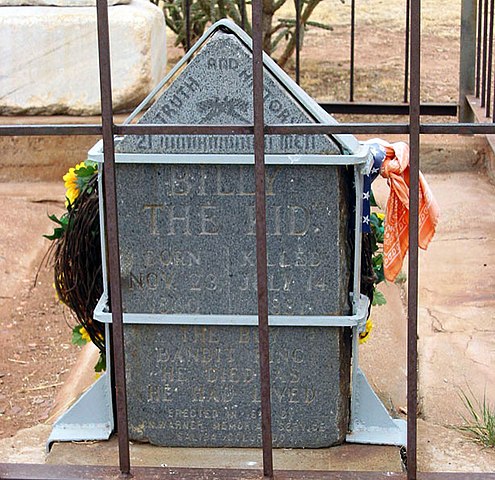
In 2004, a legal fight over an attempt to exhume the bodies of both Billy the Kid and his mother went nowhere, stoking even more rumors that the purported grave of Billy the Kid is actually empty, a secret the town fathers would just as soon you not know. The graveyard, Pete Maxwell’s house and much of Fort Sumner was rearranged when the Pecos River decided to alter its course over time. However, the town cemetery today contains not one but two markers devoted to Billy the Kid, both additions installed long after his original burial.
Podcast: Play in new window | Download
Subscribe: RSS
